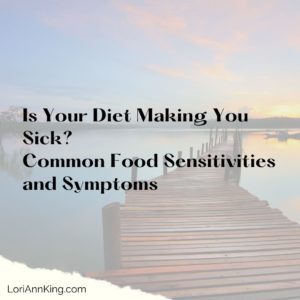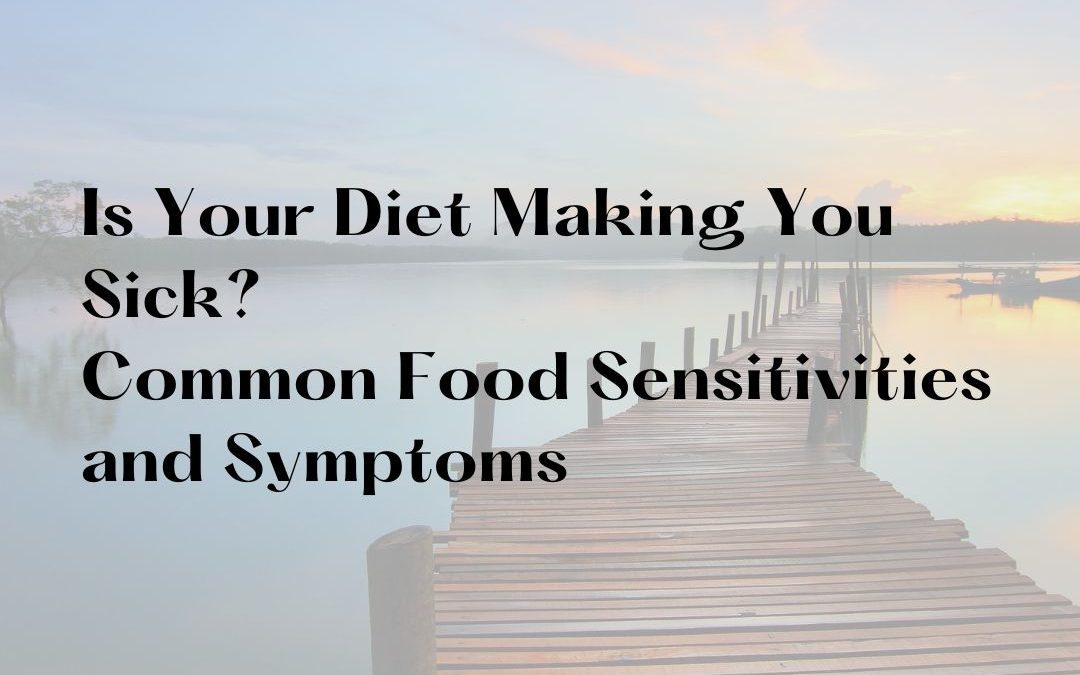It was late March 2015 when the first hive showed up. It had been a stressful season of my life and I chalked my skin’s inflammation up to stress. I was facing another procedure to remove a troublesome ovary. Little did I know that a “simple” procedure would turn into a full hysterectomy and oophorectomy, sending me into sudden surgical menopause and adding to my already high-stress levels.
Who knew I would deal with a chronic case of idiopathic hives that would last over six years before I found a resolution?
I went to general practitioners, dermatologists, allergists, infectious disease specialists, acupuncturists, and more, searching for the root cause of my hives. Changing laundry detergents and skin care products had no impact. I tried an assortment of antihistamines, studied histamine overload, stopped eating leftovers, and was prescribed a combination of medications to reset my body. The traditional medical practitioners could only offer me a diagnosis of “idiopathic urticaria,” meaning I had hives for an unknown reason. The more holistic doctors suggested it could be stress.
Even though I ate a healthy diet for my athletic lifestyle, my intuition told me it was some sort of food sensitivity. Yet I still could not pin it down to one single food sensitivity.
 Finally, in 2021, I took an at-home comprehensive food sensitivity test through Everlywell. The results shocked me:
Finally, in 2021, I took an at-home comprehensive food sensitivity test through Everlywell. The results shocked me:
- High Reactivity to Egg Whites
- Mild Reactivity to Egg Yolks and Whey
Having been in the health and wellness industry for years, I believed eggs and whey protein to be some of the healthiest options for my diet and athletic pursuits. My test results helped me recognize that individuals can react to what most people would consider “healthy” foods and opened my mind to a new way of thinking.
While the hives were no longer a daily occurrence after I removed eggs and whey from my diet, they still would appear every day or two. I became more aware that whenever we cooked with coconut oil, another “healthy” option, my throat got itchy, and I began to cough. Sometimes, I even had to leave the room or the house. Removing this third culprit from my diet cleared up my hives completely. Alas, my hives were a direct symptom of food sensitivity! (As of this writing, I have not had a hive outbreak since!)
Food Sensitivities vs Allergies. What’s the difference?
According to the Cleveland Clinic, food sensitivities (or intolerances) have similar symptoms as allergies. The difference is that food allergies can be life-threatening. Registered dietitian Sharon Jaeger, RD, explains that in the case of a food allergy, “…your immune system mistakes a protein or other ingredient in food as a threat.” Furthermore, symptoms usually occur within 30 minutes to two hours.
Food sensitivities, on the other hand, are also an immune response but symptoms appear up to three days after ingesting the food.
Common food allergies include:
- Eggs.
- Fish.
- Milk.
- Peanuts.
- Shellfish.
- Soy.
- Tree nuts, like cashews and walnuts.
- Wheat.
Common food sensitivities and intolerances include:
- Lactose.
- Gluten.
- Grains.
- Seeds and Nuts.
The Symptoms of Food Sensitivities
The Cleveland Clinic lists the following common symptoms of food sensitivities. While they can be inconvenient or uncomfortable, they are not life-threatening.
- Gastrointestinal distress (Diarrhea, gas and bloating, heartburn, nausea, stomach pain, upset stomach)
- Brain fog.
- Fatigue.
- Flushed skin or Itching.
- Joint or muscle pain.
- Headaches or migraines.
- Sneezing/Stuffy or runny nose.
Relief for food sensitivity symptoms.
Long before my idiopathy urticaria, my acupuncturist helped me discover a gluten sensitivity through an elimination diet. I had a lot of intestinal pain, so she had me eliminate common problematic foods for two to three weeks to see if I felt better. I discovered when I removed gluten from my diet, I felt better.
Since then, I have discovered that when I occasionally get “glutened,” I can lessen my gastrointestinal distress by drinking ginger or peppermint tea and placing a heating pad on my belly. Extra sleep, meditation, and acupuncture can also relieve food sensitivity symptoms that are gastrointestinal in nature while a Quercetin supplement can aid in inhibiting histamine production.
What to Do Next
If you struggle with common food sensitivity symptoms, seek medical attention from your doctor and ask about food allergy testing. If you are willing to partner with your traditional doctors to discover natural solutions, consider an elimination diet, keeping a food diary, or food sensitivity test. Once you discover a problematic food, avoidance is the best prevention for food sensitivities.
Additional Resources:
From my blog:
Read more about my journey with hives:
- Chronic Hives: One Woman’s Journey to Self-Care
- From Poison Ivy to NYC Photoshoot. The highs and lows of life. Everyone has them.
Buy Now:

 Buy Wheels to Wellbeing: Know Yourself. Love Yourself. Empower yourself.
Buy Wheels to Wellbeing: Know Yourself. Love Yourself. Empower yourself.
Buy Transform: Building the Mindset to Change Your Body and Your Life.


